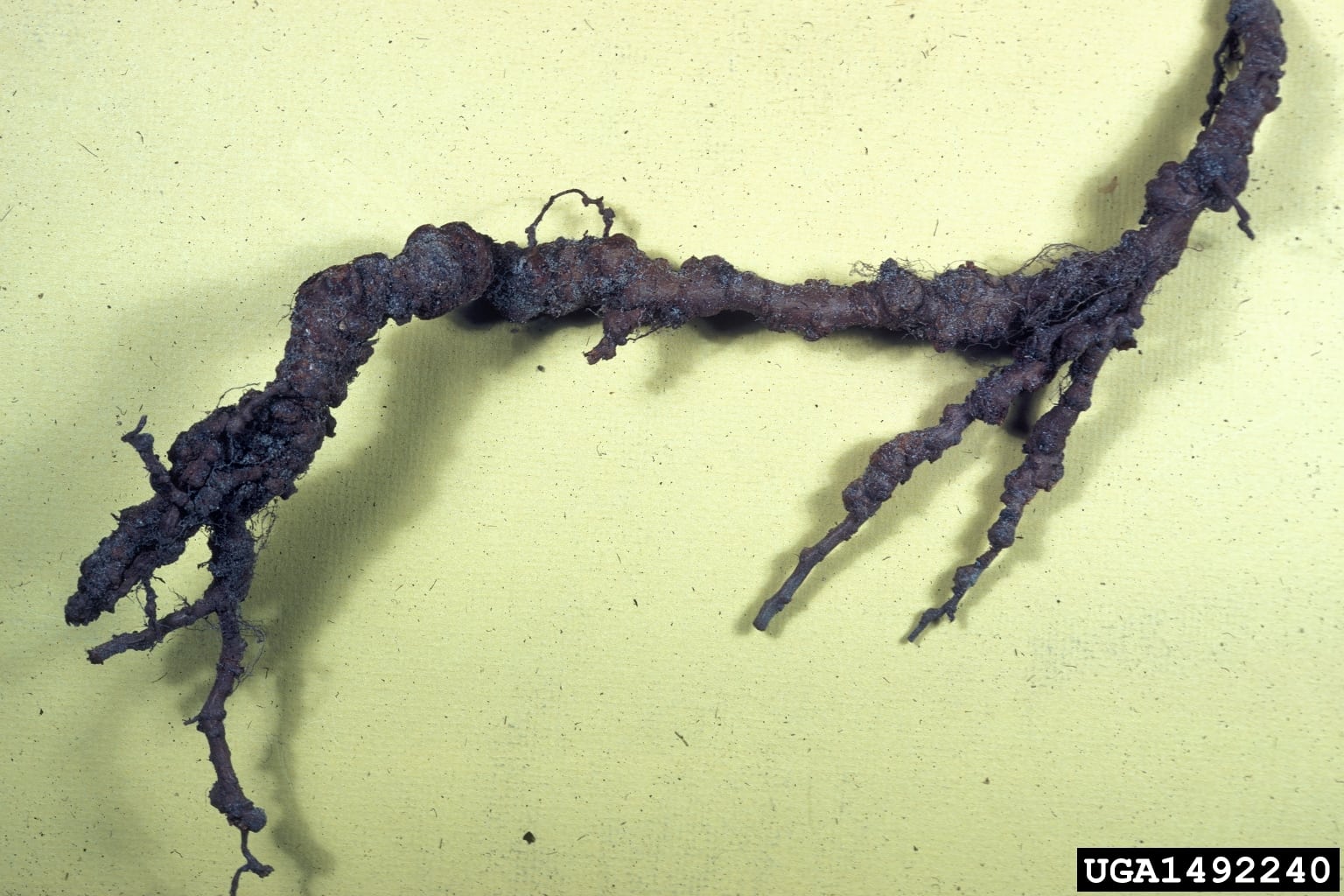Nematodes In Peach Trees – Managing A Peach With Root Knot Nematodes


Sign up for the Gardening Know How newsletter today and receive a free copy of our e-book "How to Grow Delicious Tomatoes".
You are now subscribed
Your newsletter sign-up was successful
Peach root knot nematodes are tiny roundworms that live in the soil and feed on the roots of the tree. The damage is sometimes insignificant and may go undiagnosed for several years. However, in some cases, it may be severe enough to weaken or kill the peach tree. Let’s explore peach nematode control and how to prevent peaches with root knot nematodes.
About Root Knot Nematodes of Peach Trees
Peach root knot nematodes puncture cells and pump digestive enzymes into the cell. Once the contents of the cell are digested, they are drawn back into the nematode. When the contents of one cell are depleted, the nematode moves on to a new cell. Root knot nematodes aren’t visible above ground and symptoms of nematodes in peach trees, including stunted growth, wilting, and yellowing of leaves, may resemble dehydration or other problems that prevent the tree from taking up water and nutrients. Nematode damage is easier to spot on the roots, which may display hard, gnarled knots or galls, retarded growth, or rot. Root knot nematodes of peach move through the soil very slowly, traveling only a few feet (1 m.) per year. However, the pests are transported quickly in water run-off from irrigation or rain, or on contaminated plant material or farm equipment.
Preventing Peach with Root Knot Nematodes
Plant only certified nematode-free seedlings. Work generous amounts of compost or other organic matter into the soil to improve soil quality and reduce peach tree stress. Sanitize garden equipment thoroughly with a weak bleach solution before and after working in affected soil. Soil clinging to tools can transmit nematodes to uninfected soil or re-infect treated soil. Be aware that nematodes can also be transmitted on vehicle tires or shoes. Avoid overwatering and soil runoff.
Peach Nematode Control
Application of a nematicide may help control peach root knot nematodes in established trees, but the chemicals are expensive and generally reserved for commercial growing operations and not for home use. Experts at your local cooperative extension office can provide more detail about nematicides, and if they are appropriate for your particular situation.
Sign up for the Gardening Know How newsletter today and receive a free copy of our e-book "How to Grow Delicious Tomatoes".

A Credentialed Garden Writer, Mary H. Dyer was with Gardening Know How in the very beginning, publishing articles as early as 2007.